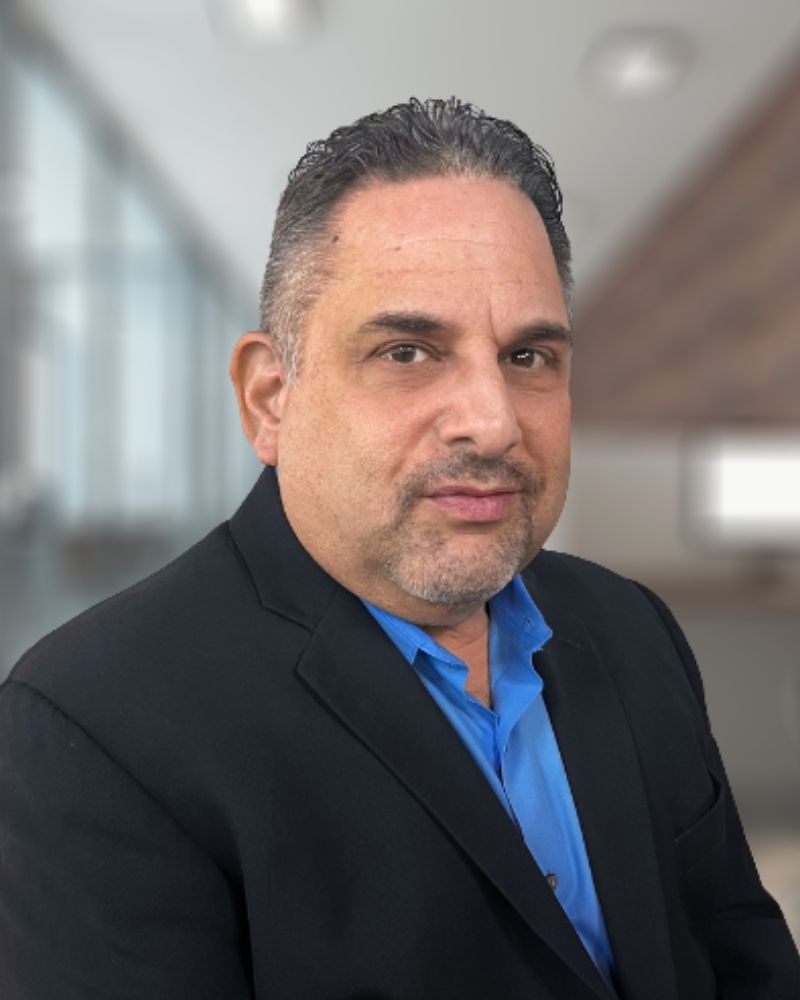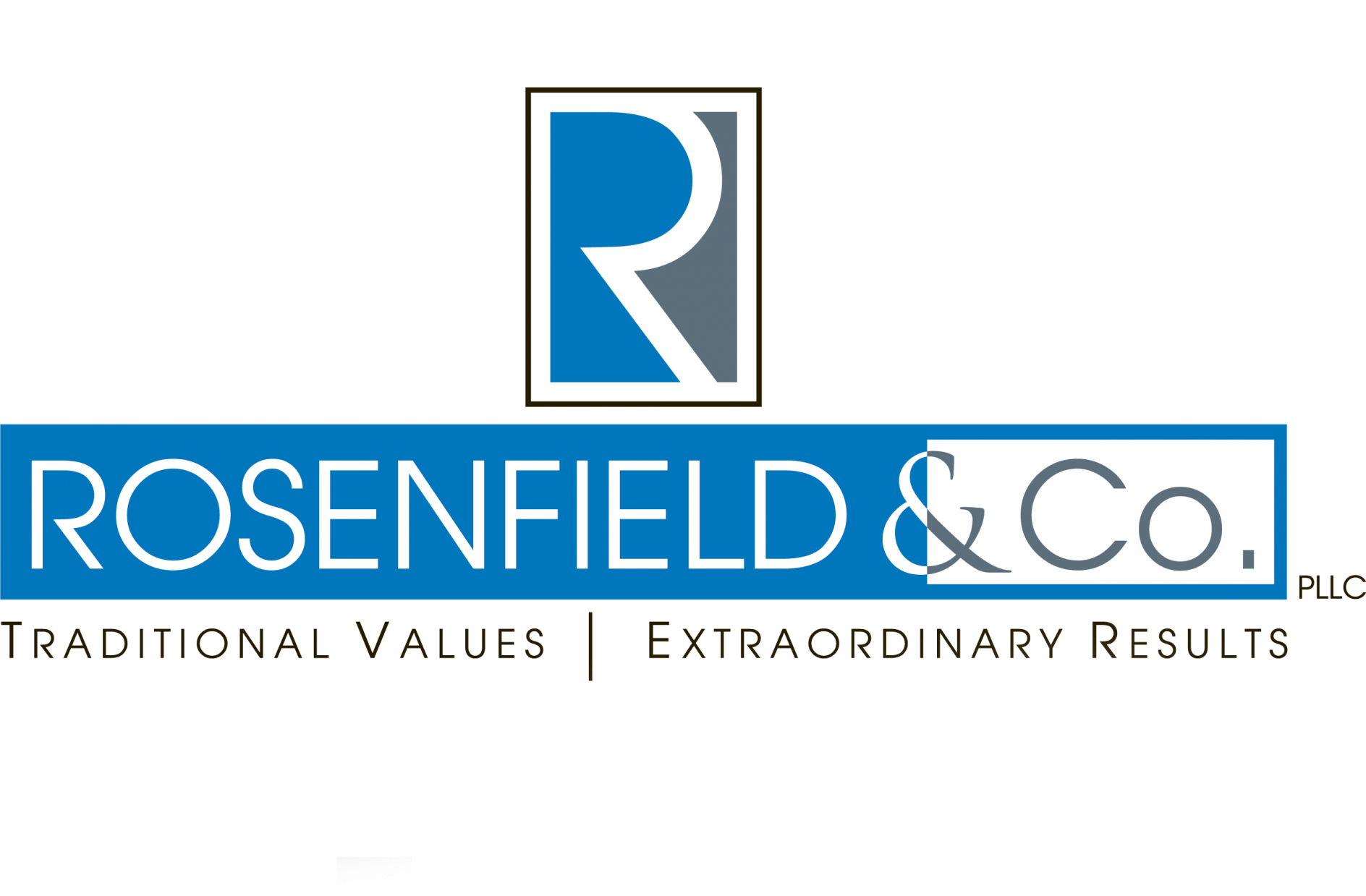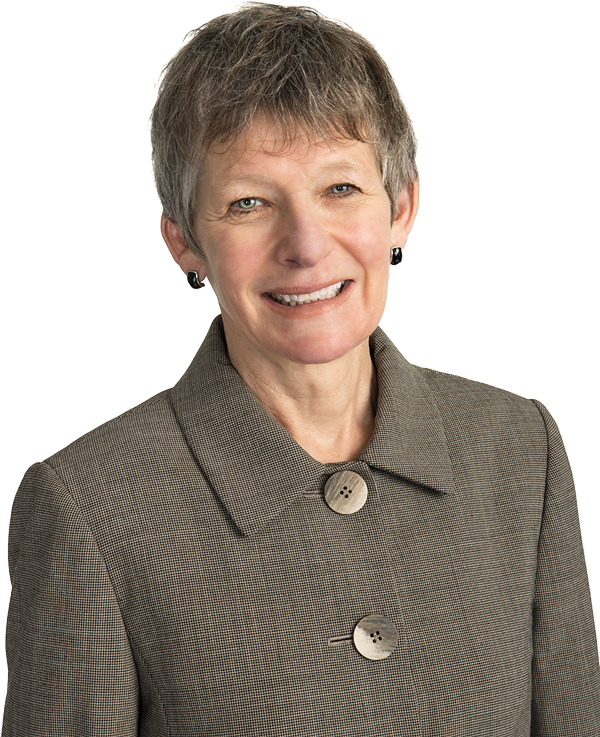The best corporate structure for a foreign dealership owner may not be the same where taxes are concerned
The CPAs from Rosenfield & Company, PLLC were recently approached by a small group who own a very successful dealership group in India that are looking to acquire dealerships here in the U.S. It is an indication of how foreign investors from near and far are eyeing the U.S. auto retail market as a lucrative investment opportunity.
Up until now, however, most of the investment interest has come from Canada and to some extent Mexico. There are some very specific issues both tax-related and in general that Canadian companies need to consider when entering the U.S. market through an acquisition, says Scott Lewis, CPA, a partner at Rosenfield and Firm Leader for Dealer Services.

Scott Lewis, partner at Rosenfield & Company, PLLC

In general, the best type of business structure in terms of taxation for a foreign investor in a U.S. dealership or group depends on treaties and agreements between the U.S. and the acquirer’s country. In the case of Canada, for example, the United States-Canada Income Tax Treaty defines how various sources of income are classified, discusses residency and permanent establishment, as well as the elimination of double taxation.
For a Canadian investor, setting up a U.S. limited partnership is often the best tax strategy, says Lewis. A limited partnership functions as a pass-through entity in the U.S. Here the Canadian investor would file a U.S. tax return and pay U.S. pass-through income. In Canada, the same income would be taxed as part of their worldwide income, but the taxpayer would receive a foreign tax credit, to avoid double taxation.
Other structures, such as a C-Corporation, or a Limited Liability Company (LLC) are less advantageous.
Unlike U.S. dealerships, most in Canada are generally organized as corporations (where the business is responsible for the income tax), says Lewis. They can organize and operate as a C-Corporation in the U.S. and would be subject to the current federal corporate tax rate of 21% and applicable state taxes. Since these entities will more likely than not be considered permanent establishments, this same income in Canada will be subject to a branch profits tax as well, capped at 5%.
An alternative to this is to set up a U.S. incorporated subsidiary of a Canadian corporation, but there is still double taxation somewhat. In the U.S., this subsidiary C-Corporation would file its own tax and pay the federal 21% corporate tax rate on profits as well as any applicable state taxes, Lewis explains.
Payments as dividends to the Canadian parent (to repatriate the cash/income) would be taxed again in the U.S. through required withholding tax at either 5% or 15%. In Canada, foreign tax credits would offset some of the monies paid.
Finally, the LLC which is a very popular pass-through entity structure amongst U.S. dealers; “is not a good entity to be if you are a Canadian. Canada doesn’t recognize the LLC as a pass-through entity at all, but rather a Corporation” says Lewis. LLCs are created and governed according to the U.S. state in which they are located, he says, but as Canada doesn’t recognize LLCs as a pass-through entity, getting credit for U.S. taxes paid is very complicated so double taxation is a very real possibility.
For any foreign investor looking to enter the U.S. auto retail sector, having a U.S.-based representative, preferably with U.S. citizenship, is helpful, says Lewis. “You want someone on the ground here that is a U.S. citizen helping to protect your investment and because the government would prefer to work with a US citizen,” he says.
An auto manufacturer is also more likely to approve your acquisition. If the investor has little or no auto retail experience, says Lewis, approval is tougher to get. But even an investor with no retail auto experience can succeed if they partner with a very experienced dealership manager. “Bring in someone who has lots of dealership experience to manage store, that will help in getting OEM approval,” he recommends.
Rosenfield & Company, PLCC, with headquarters in Orlando, Florida, and an office in Manhattan, with field offices in California, New Jersey, and Texas, was founded by Ken Rosenfield in 1996. Lewis came onboard in 1998. It grew from a two-person firm to one with more than thirty associates. Some 70% of its business is consulting and compliance with franchised car dealerships and works with over 300 rooftops across the U.S.

Alysha Webb, Editor
This article was written for Getting to Go, a buy/sell newsletter from Scali Rasmussen.

